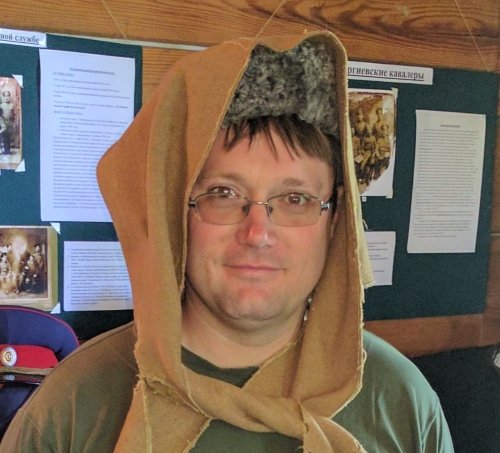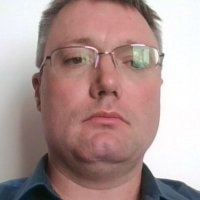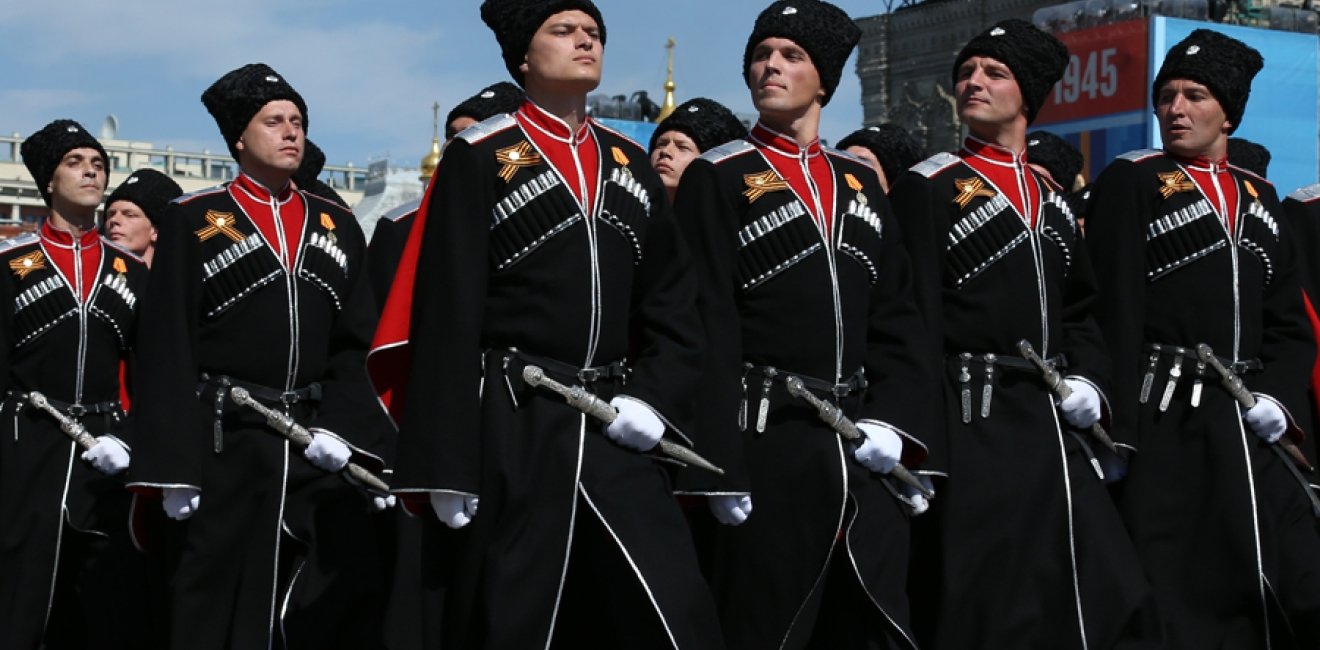Q: Describe your background and what brought you to the Wilson Center.
I teach courses on Russian Politics, International Relations, and Comparative Politics at Muskingum University in Ohio. My research looks at paramilitary groups in Ukraine and Russia. I am particularly interested in one called the Cossacks which does have branches in both countries. I am more familiar with the Russian group, and they have provided so far 40,000 troops for the full-scale invasion of Ukraine. It seems to me that no one else in the West is paying attention to this group (which is similar in some respects to Wagner). I wanted to come to Kennan to further my research and gain exposure to people who might be interested. I do write for a Washington think-tank called the Jamestown Foundation already and I am hoping to get more contacts at think-tanks and interested agencies.

Q: What project are you working on at the Center?
I have a couple of projects I am working on at the center. The first is looking at why the Russian government is continuing to allow the Cossacks to play an independent role in the fighting. Given the Wagner mutiny last year, one might suspect that the government would be wary of Private Military Companies (PMCs). There are a number of control mechanisms over the Cossacks but I argue there is also an important role for ideology. The "rebirth of the Cossacks" was an important phrase from the 1990s and the government is promoting this message about rebirth out of the Russo-Ukraine war. The other project is using facial recognition software to analyze pictures from PMC websites and Telegram channels as I have a suspicion that these groups are linked, possibly through the Cossacks (several members of Wagner had prior experience in Cossack organizations, for instance, and the leader of the Konvoy PMC, Konstantin Pikalov, is a Black Sea Cossack and former Wagner member). This project is still in process, however.
Q: How did you become interested in your current research topic?
I wrote on the Cossacks as part of my doctoral dissertation in 2009. I also published an article about them in 2014. When the Donbass conflict started that year, I was contacted by US Special Operations Command (USSOCOM) with questions about the Cossacks who were deployed in Crimea as well as Donbass. I did not know some of the answers to their questions, but the fact they were contacting me suggested we needed people who had that knowledge. Since then, I have made myself an expert on the Cossacks.
Q: Why do you believe that your research matters to a wider audience?
It is important to whatever happens in Russia. If Russia continues its war and belligerent stance to the West, the Cossacks are going to be an integral part of their armed forces. Earlier this year, in fact, the Duma approved a bill to create a Cossack reserve army of some 60,000. On the other hand, if Russia loses and there are recriminations or we see the emergence of warlordism in Russia (something I think highly likely after Putin's eventual exit due to the proliferation of PMCs), the Cossacks are going to be one of the strongest PMC formations out there.
Q: What is the most challenging aspect of your research?
It used to be going to Russia, but I got banned in 2017. Now I would say it is learning the different technologies and software applications I need to use in my work. AI is exploding and the pace of new things coming out is quite disorienting.
Q: What do you hope the impact of your research will be?
I hope that it can help inform policymakers on the right decisions to make. I would love to believe that it could help end the fighting (there is symbolic contestation over whether Russia or Ukraine is the "real" home of authentic Cossacks), but that is almost certainly wishful thinking. I would like to believe that in time it can help alert Western security forces to some threats we have previously not acknowledged. It is also important to me that the skills I am learning can be passed on to my students because the future is going to involve AI and coding techniques; we should embrace it.
The opinions expressed in this article are those solely of the author and do not reflect the views of the Kennan Institute.
Author

Associate Professor of Political Science, Muskingum University

Kennan Institute
The Kennan Institute is the premier US center for advanced research on Eurasia and the oldest and largest regional program at the Woodrow Wilson International Center for Scholars. The Kennan Institute is committed to improving American understanding of Russia, Ukraine, Central Asia, the South Caucasus, and the surrounding region through research and exchange. Read more

Explore More
Browse Insights & Analysis
The OSCE is a Good Value for America



